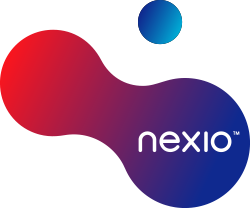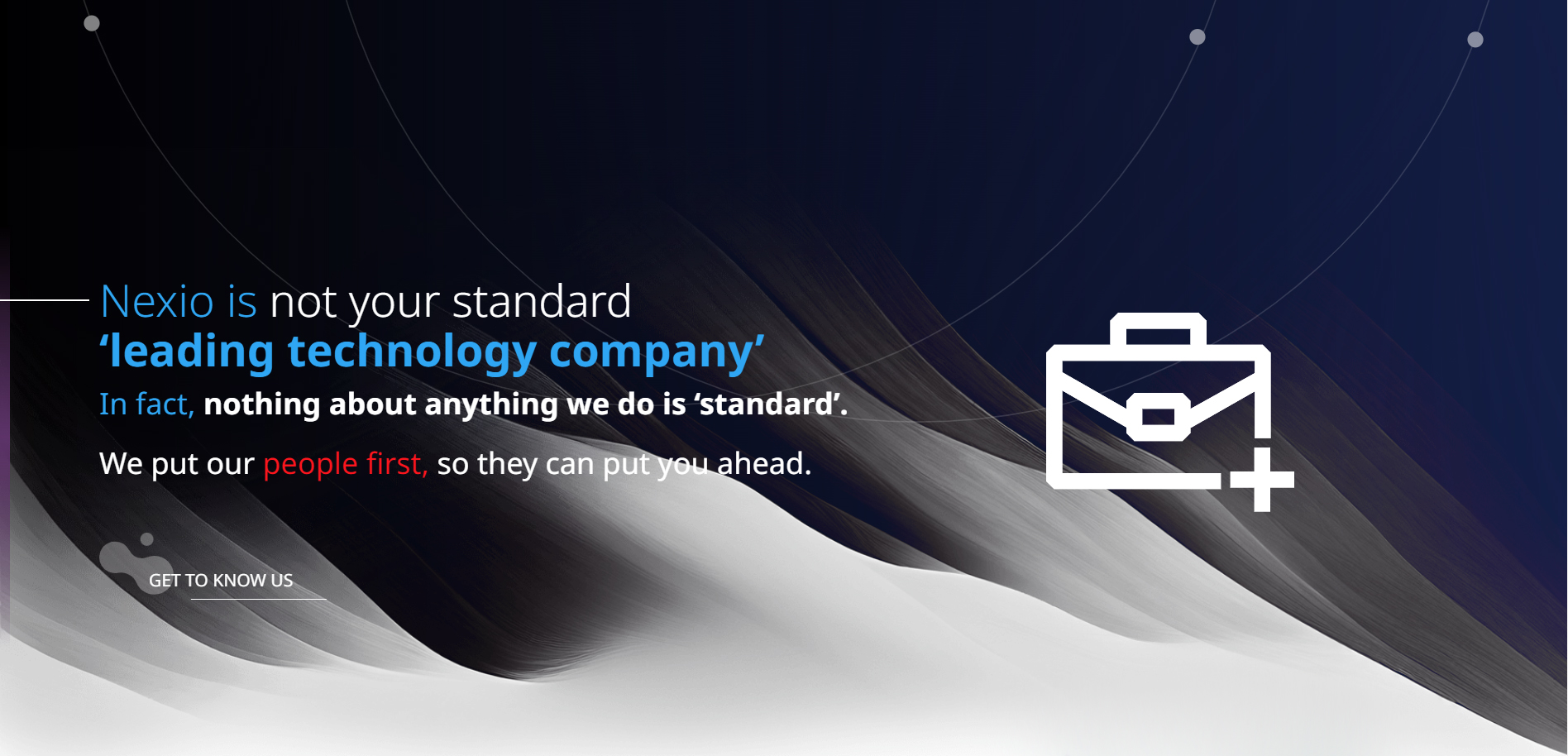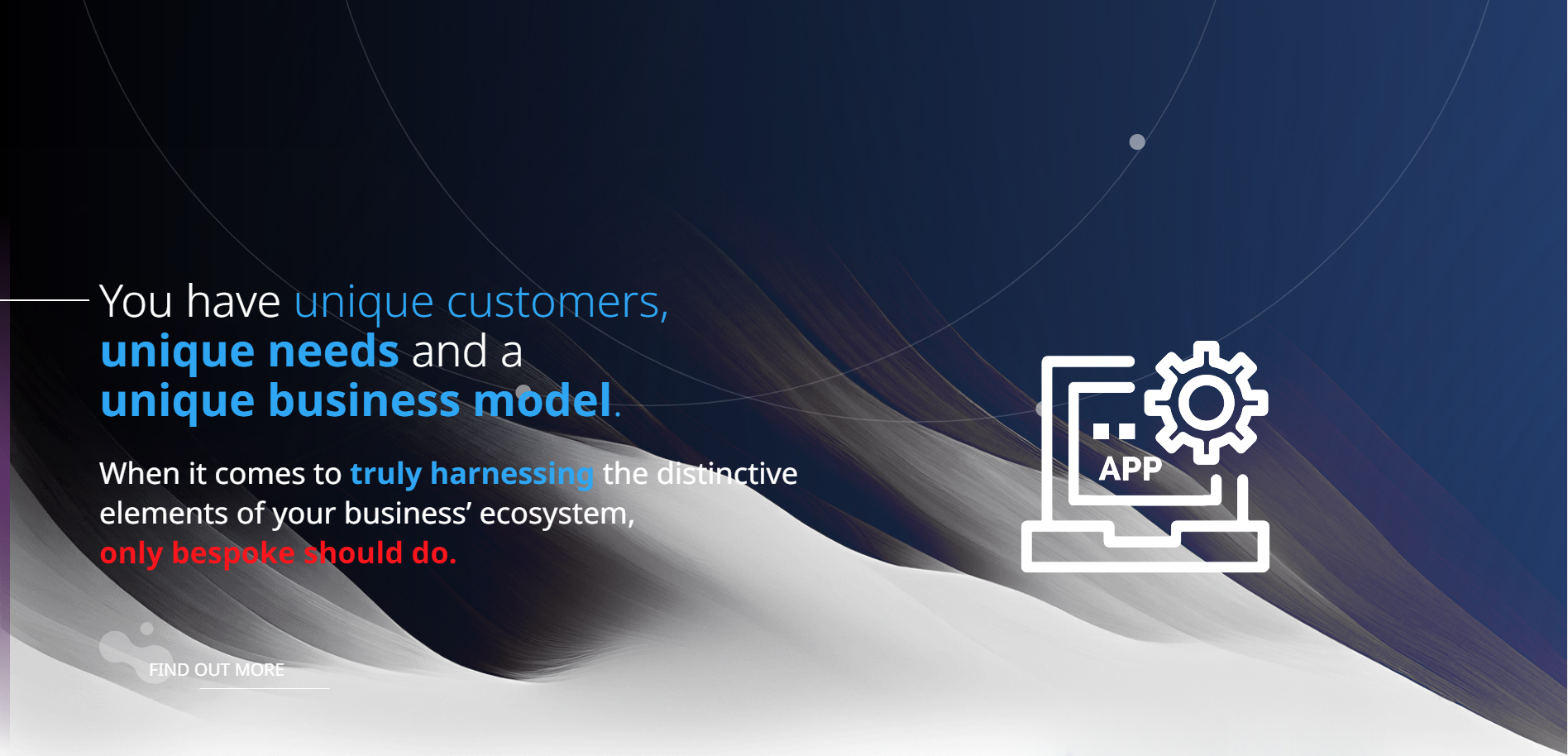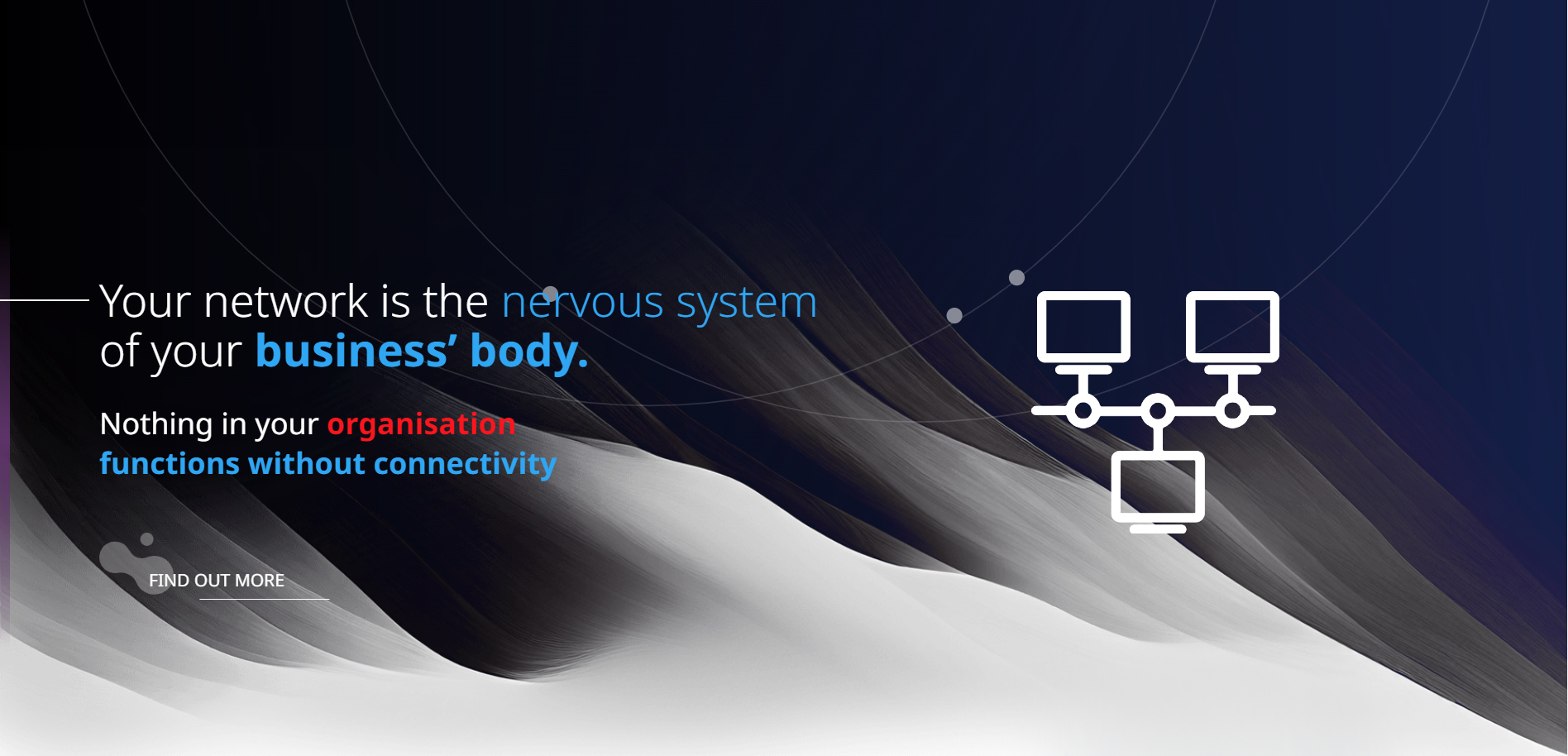Managed service providers have become the engines of technology delivery. Rather than build, manage and maintain technology systems, organisations are using managed service providers, commonly called MSPs, to handle much of the workload.
MSPs have numerous advantages over those who try to do it all alone: they can pool their resources and cater to several clients, enabling them to reduce costs and invest more in new technologies and skills. MSPs are strategic partners of the truest form, responsible for dealing with what their clients don't want to while aligning with the latter's business needs and value expectations.
"Being an MSP is a lot of responsibility," says Mariëtte Hattingh, Nexio's Practice Lead for Managed Services. "Most typical outsourcing is for services that are not directly related to the company's core mission, but instrumental as the enablers of achieving their objectives. MSPs in the ICT sector specialise in the technology services that companies rely on to get things done. It's a delicate responsibility where you have to work closely and proactively with your client so that you're always aligned with their strategy."
But what about the next generation of MSP? The model is still evolving, and the cut-throat business of MSPs keeps pushing them forward. Adapt or fall behind – that is the MSP creed. What does a next-generation MSP look like and how would you know if your MSP is still keeping up?
The features of next-generation MSPs
Hattingh is responsible for building such a next-generation MSP at Nexio. Since Nexio’s restructuring into product and services divisions, it has worked towards an integrated services offering that uses the many different skills and departments under its roof. This, says Hattingh, is the first major distinction of a next-generation MSP: "A modern MSP is a collective of specialist skills and services. Some clients need networking, others need storage or infrastructure, or application management. Everyone needs security. A next-generation MSP is about choice and the expertise to combine those choices both technically and from a business view."
This collective of skills and capabilities comes wrapped in processes, standards and governance. As complex technology environments make it harder to maintain these areas and use them strategically, it's something a next-generation MSP must bring to the table from the start. Notably, the best MSPs aspire to standards such as ISO 9000 for quality management, ISO 20000 for process management and ISO 27001 for information security.
Connecting silos is a crucial part of a top MSP's role, and next-generation MSPs such as Nexio have Managed Service Operations Centres to centralise and integrate IT management, provide support services and drive innovation. That is the fourth feature: next-generation MSPs actively invest in new technologies, providing their clients with a cost-effective way to stay in step with innovation opportunities. They invest in features such as hyper-automation, self-healing and predictive analytics.
"You need to be able to offer innovative services to clients that leverage the latest technological advancements," says Hattingh. "Technology changes on a daily basis. We test and embrace the most promising services, optimising operations so that we can provide a different price point to the client and facilitate decision-making for them based on analytics and information gained through these processes."
Above all, these features must manifest through partnerships: next-generation MSPs elevate the relationships from vendor or service provider to partnerships. Being close to our client's business allows us to be their trusted advisor, take care of their outsourced services and influence their risk and reward.
Familiar features in a holistic package
Astute readers will note that these are not new attributes for MSPs. All types of MSPs have laid claim to some of these features. Yet next-generation MSPs stand for all these values. They must be top-level partners, proactive innovators, cost-minded optimisers and leverage their entire organisation's capabilities to give clients end-to-end options.
Certifications and vendor partnerships are now standard – the difference is whether they are just talking up these points or intentionally designing their MSP framework to truly deliver on everything from support to governance.
What is the best way to make a snap judgment of an MSP and test their next-generation credentials? Ask about their clients and check if they use their own services, says Hattingh: "We use our own MSP capabilities to service our internal needs and, more importantly, those of our parent company. We use this tested MSP capability to respond to opportunities such as large tenders rapidly and comprehensively. So, ask an MSP how much it relies on its own capabilities. And ask about its customers and their various needs. You'll soon be able to deduce what that MSP can do and what it actually stands for."
Share



